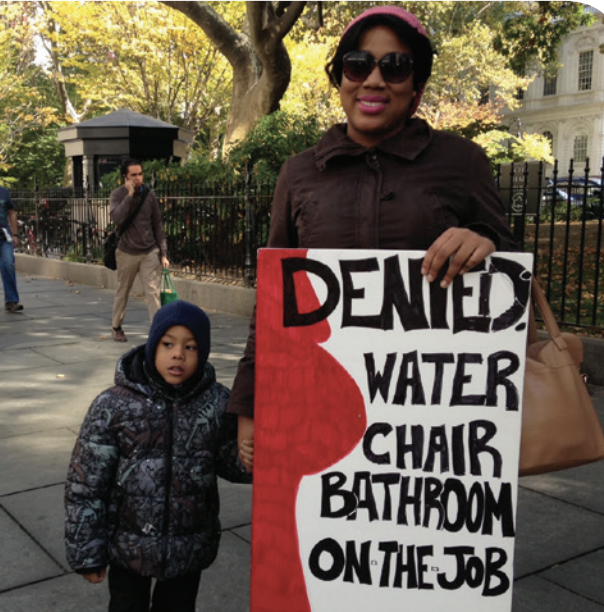On April 15, 2024, the Equal Employment Opportunity Commission (EEOC) issued a final rule on the Pregnant Workers Fairness Act (PWFA), clarifying protections for employees who need pregnancy related accommodations while employed and helping employers understand their responsibilities. The EEOC formulated its final rule and interpretive guidance on the PWFA in response to approximately 100,000 public comments. The final rule clarifies who is covered by the PWFA, what medical conditions are covered, and procedures for requesting accommodations. The final rule also provides concrete compliance examples, including potential reasonable accommodations, such as additional breaks, opportunities to sit down while working, time off, and temporary reassignment or suspension of certain job duties.
The PWFA requires most employers with 15 or more employees to provide reasonable accommodations related to limitations brought about by an employee’s pregnancy, childbirth, or related medical conditions, unless the accommodation would cause the employer undue hardship. The PWFA builds on protections for pregnant workers under Title VII of the Civil Rights Act of 1964 and the right to reasonable accommodations under the Americans with Disabilities Act.
EEOC Chair Charlotte A. Burrows said the PWFA is “a win for workers, families, and our economy. It gives pregnant workers clear access to reasonable accommodations that will allow them to keep doing their jobs safely and effectively, free from discrimination and retaliation.” For more information on the PWFA and the final rule, visit the EEOC’s webpage titled, “What You Should Know About the Pregnant Workers Fairness Act.”
Correia & Puth represents individuals with pregnancy discrimination claims and employees seeking reasonable accommodations related to pregnancy. If you have concerns regarding pregnancy and employment, please contact us.

